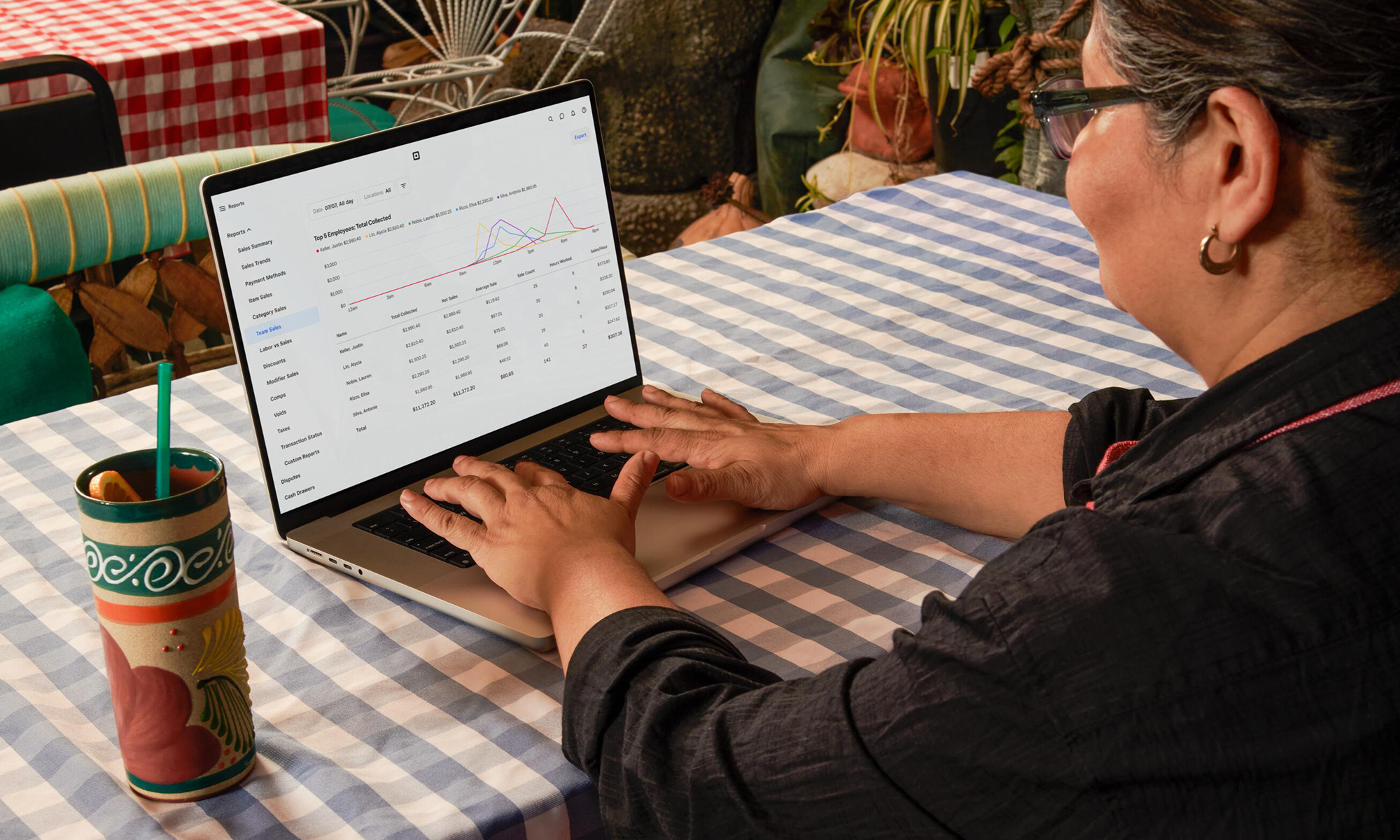Square (SQ +0.00%) management told investors at the beginning of the year that it would put a bigger emphasis on financial services this year. The company's core financial service, Square Capital, offers loans to small merchants using Square's point-of-sale tools. The company is now expanding Square Capital to include consumer installment loans for purchases between $250 and $10,000 at Square merchants in 22 states.
The move could help grow sales for Square merchants, which would benefit Square's core payments-processing business, but it requires the company to take on risk. Not only will Square keep the installment loans on its balance sheet for now, without access to unique data on consumers like it has with its merchants, but Square's lending decisions also might not prove as lucrative with the new product.

Image source: Square.
Why Square Capital Works
Square Capital's business loans work because Square has unique data on its merchants. It knows what an average day of sales looks like, a retailer's inventory levels, whether sales are improving, and a ton more. That allows it to make good lending decisions without requiring a lot of overhead to review applicants, leading to a profitable business opportunity.
Management has expanded Square Capital with the help of partners. It started working with restaurant platform Upserve in 2016 to offer loans to more eateries. Last year, it opened Square Capital to restaurants on its Caviar platform that don't necessarily use its point-of-sale system. Both rely on the principle that Square gains access to data about a business and can make automated lending decisions based on that data.
That's not necessarily true for Square Installments, where the loan is made to the consumer. Square will pay the merchant the full value of the loan, and then collect as much data as it can on the consumer in order to determine appropriate terms for the loans. Loans range from 3 to 12 months and 0% APR to 24% APR.
But Square doesn't have any special data on consumers. It can take a peek at applicants' credit reports, but so can everyone else in the space. There's no additional data on purchase and payment history like competitor PayPal (PYPL 0.51%) has access to.
PayPal benefits from seeing both sides of a transaction. It can see what consumers are doing at the same time it can see what merchants are doing. That two-sided network has proven to be a great advantage for the company. PayPal can get a good idea of how a consumer normally spends online and how all consumers typically spend at a merchant, and make an informed lending decision.
PayPal built a portfolio of $7.6 billion in consumer loans over the years, which it recently sold to Synchrony. Despite its advantage in consumer data, PayPal still didn't want to hold the loans on its balance sheet. It's worth noting that Square doesn't hold its merchant loans on its balance sheet, and it might not hold consumer loans on its balance sheet at some point in the future.
Another step toward consumer banking services
Square Installments is the next step toward Square providing more services like a traditional bank, an area that CFO Sarah Friar said shareholders should expect Square to invest in.
But the big opportunity for creating consumer financial services like installment loans is the Cash App, which has 7 million monthly active users and growing. Square is increasing the utility of Cash App with things like direct deposits, bitcoin trading, and linking to Cash Card, a prepaid debit card.
Cash App provides an opportunity for Square to get a better glimpse at a consumer's overall financial profile. If that person receives direct deposits in the app and then pays for things using the Cash Card or by sending money to friends, Square can get a really good idea of that person's ability to pay back a loan. That could enable Square to see lower default rates on loans and increase profits, or offer better rates than competitors and take market share.
Square Installments is a start, but Square doesn't yet hold any unique competitive advantage in making lending decisions to consumers. That means it's taking on greater risk, and could have a harder time getting the loans off its balance sheet.







